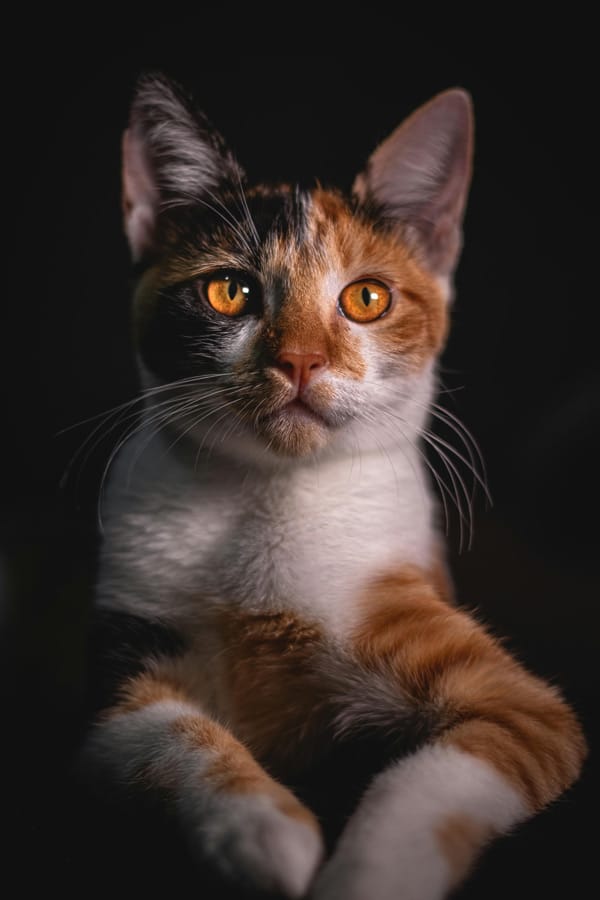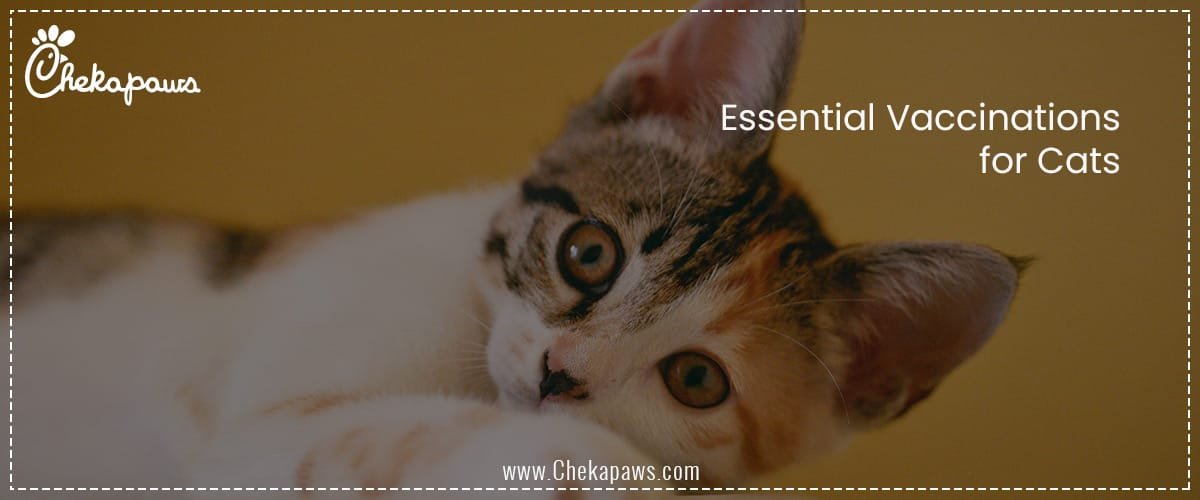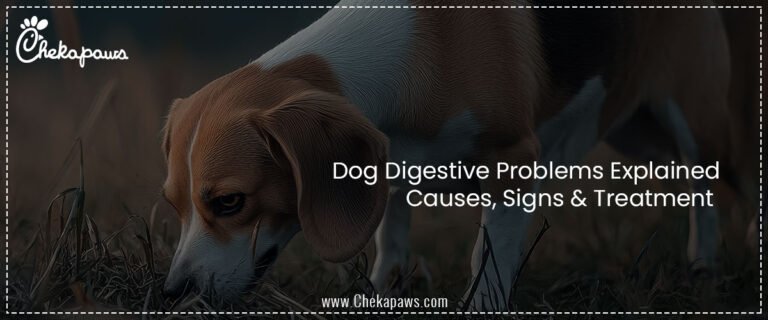As a pet parent, I am aware of how important it is for your cat’s health and wellbeing to get the necessary vaccines. Immunizations guard against a number of infectious diseases, some of which are deadly. A thorough rundown of the essential cat vaccinations, their schedules, and factors to take into account for both kittens and adult cats can be found below.
Table of Contents

Core Vaccines for Cats
Because of the seriousness and pervasiveness of the diseases they prevent, core vaccinations are advised for all cats, regardless of lifestyle or geography.
Bordetella: Cats who are at a high risk of coming into contact with the bacteria, such as those who live in shelters or multi-cat situations, may benefit from this vaccination.
Chlamydophila felis: May be recommended in multi-cat households or shelters, especially during outbreaks
Feline Viral Rhinotracheitis (FVR)
- Feline herpesvirus type 1 (FHV-1) is the cause.
- Symptoms include fever, conjunctivitis, nasal discharge, and sneezing.
- Direct contact with contaminated materials or diseased cats is the means of transmission.
- As part of the FVRCP combo vaccination
Feline Calicivirus (FCV)
- Symptoms include nasal discharge, oral ulcers, and in certain strains, arthritis.
- Transmission: Through the air and direct contact.
- The FVRCP combination vaccine contains this vaccine.
Feline Panleukopenia (FPV)
- Another name for it is feline distemper.
- Symptoms include severe dehydration, diarrhoea, and vomiting.
- Transmission: Coming into contact with polluted surroundings or infected excrement.
- The FVRCP combination vaccine contains this vaccine.
Rabies
- Cause: Rabies virus.
- Symptoms include death, paralysis, and behavioral abnormalities.
- Transmission: An infected animal’s bite.
- Many places have laws requiring vaccinations; the type and frequency of vaccinations vary by area.
Feline Leukemia Virus (FeLV)
- The feline leukaemia virus is the cause.
- Symptoms include anaemia, immune suppression, and heightened vulnerability to other illnesses.
- Close contact with infected cats, such as sharing food bowls or grooming, can spread the infection.
- For kittens and cats who have access to the outdoors or are around other cats, vaccination is advised.
Vaccination Schedule
Kittens (Up to 16 Weeks)
- Beginning at 6–8 weeks of age, FVRCP is administered every 3–4 weeks until 16–20 weeks.
- Rabies: Depending on local regulations, administer between 12 and 16 weeks.
- FeLV: As early as 8 weeks, two treatments spaced 3–4 weeks apart
- Note: Although FeLV vaccination is regarded as a core vaccine for kittens, the risk of exposure determines whether adult cats need it.
Adult Cats (Over 16 Weeks)
- FVRCP: If no prior immunisation, two doses spaced three to four weeks apart.
- Rabies: One dosage, followed by booster shots in accordance with local laws.
- FeLV: If at risk, take two doses spaced three to four weeks apart.
Booster Recommendations
- FVRCP: Booster at 1 year, then every 3 years.
- Rabies: Booster at 1 year, then as per vaccine label (annually or every 3 years).
- FeLV: Booster at 1 year, then annually for at-risk cats
Considerations and Risks
Vaccine Reactions: The majority of cats respond well to vaccinations. Lethargy or mild injection site oedema are examples of mild adverse effects.
Injection-Site Sarcomas: An uncommon yet dangerous side effect. Risk can be decreased by using non-adjuvanted immunisations and appropriate injection methods.
Lifestyle Assessment: Compared to outdoor cats, indoor-only cats may require different vaccinations. To customize the immunization schedule, speak with your veterinarian.
Conclusion
One of the most important aspects of feline preventative healthcare is vaccination. You can guarantee your cat’s continued protection against common and dangerous illnesses by following suggested immunization schedules and seeking advice from your veterinarian. The Bordetella vaccine is generally not recommended unless there is a high risk of exposure to dogs with respiratory disease. Some vaccines, like Chlamydophila felis, may be recommended for cats in specific situations, such as those with respiratory issues or high exposure risk.







